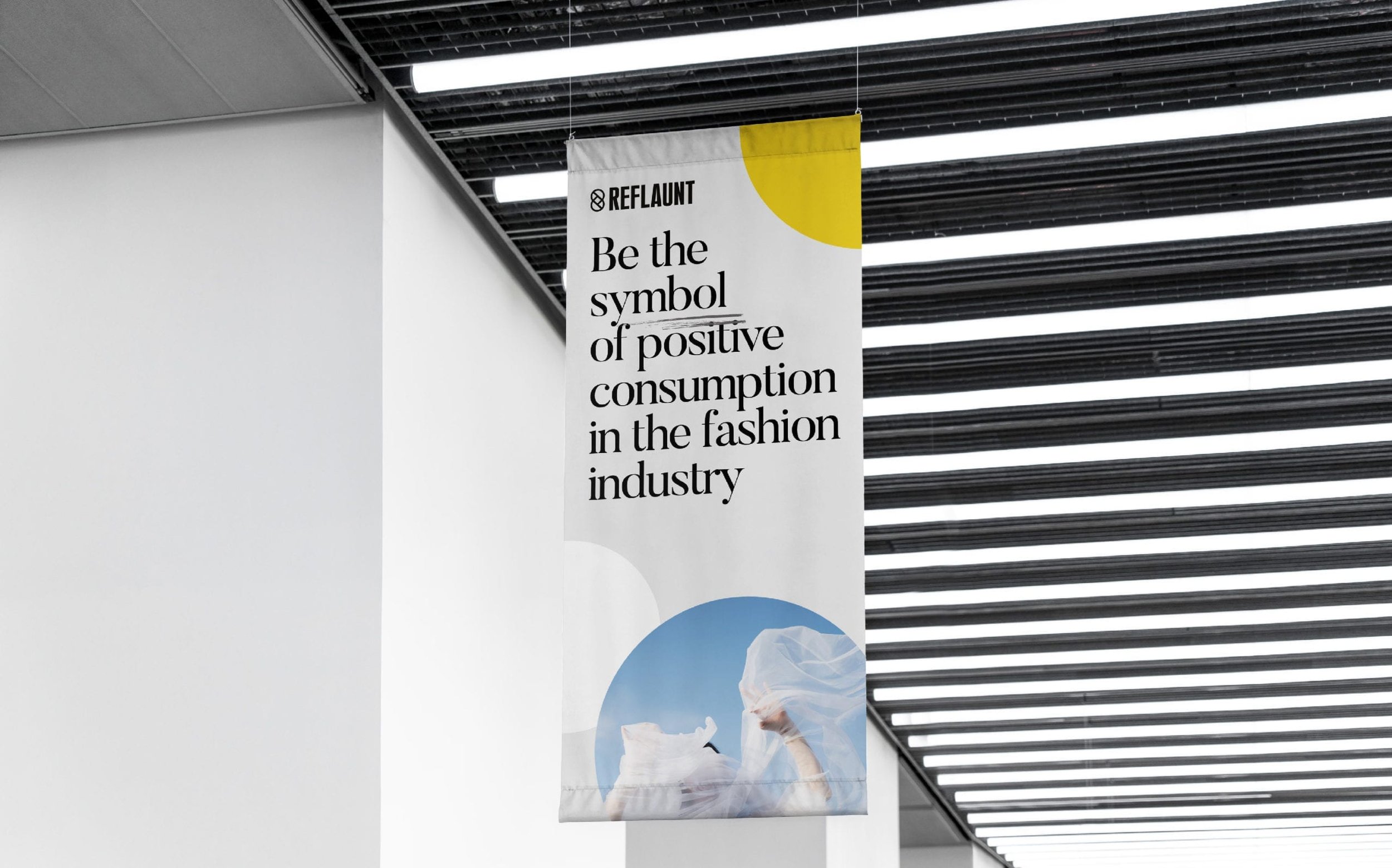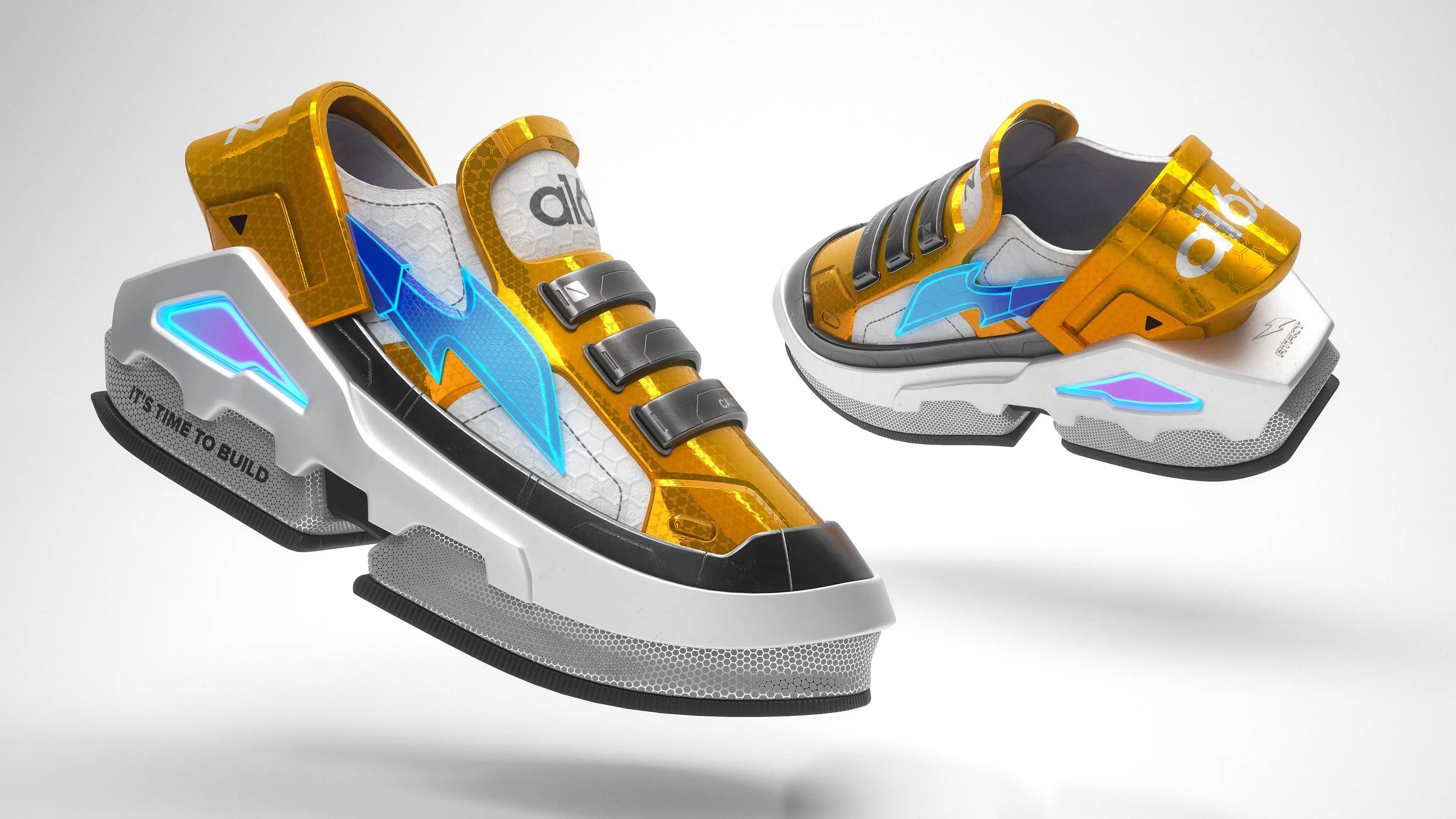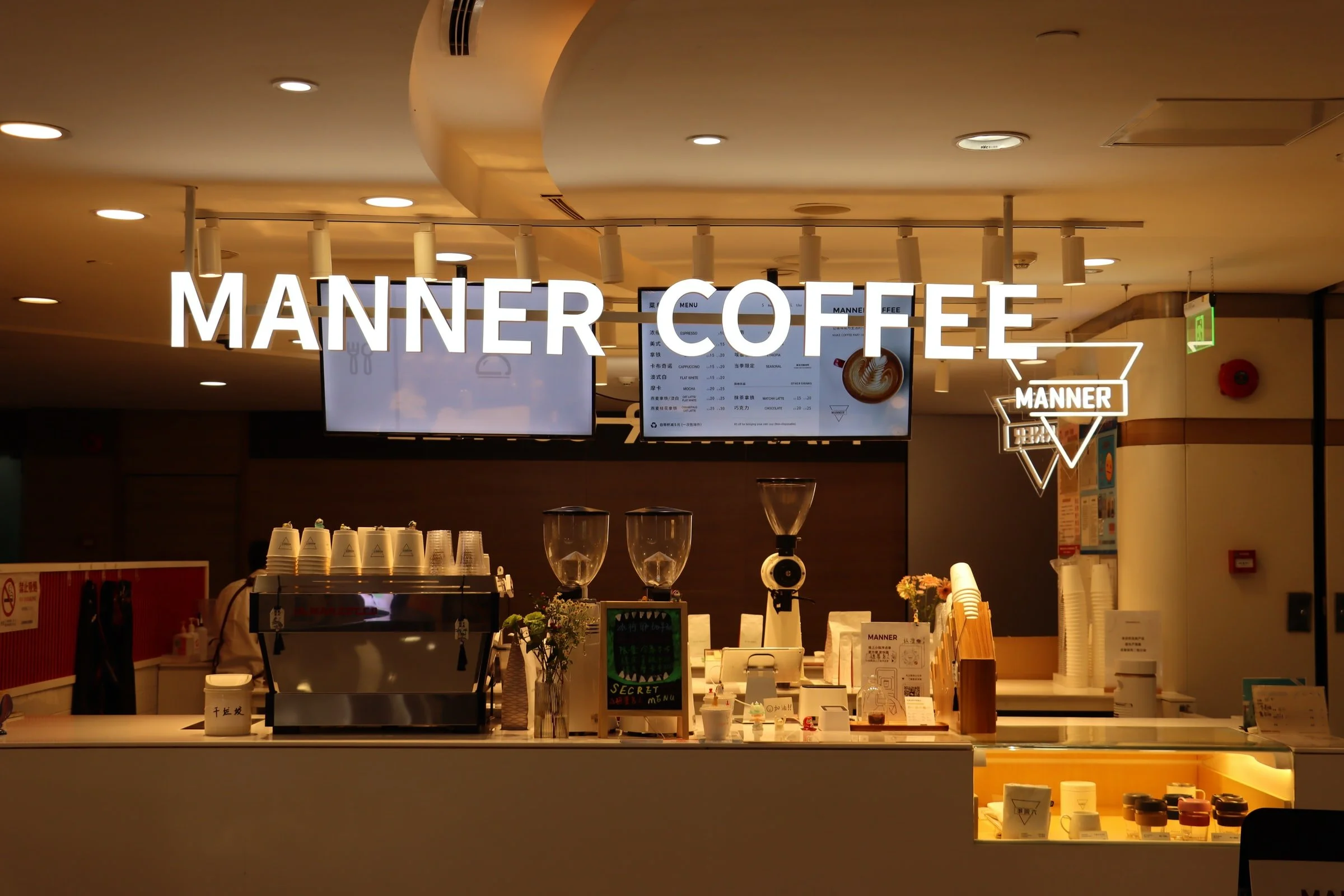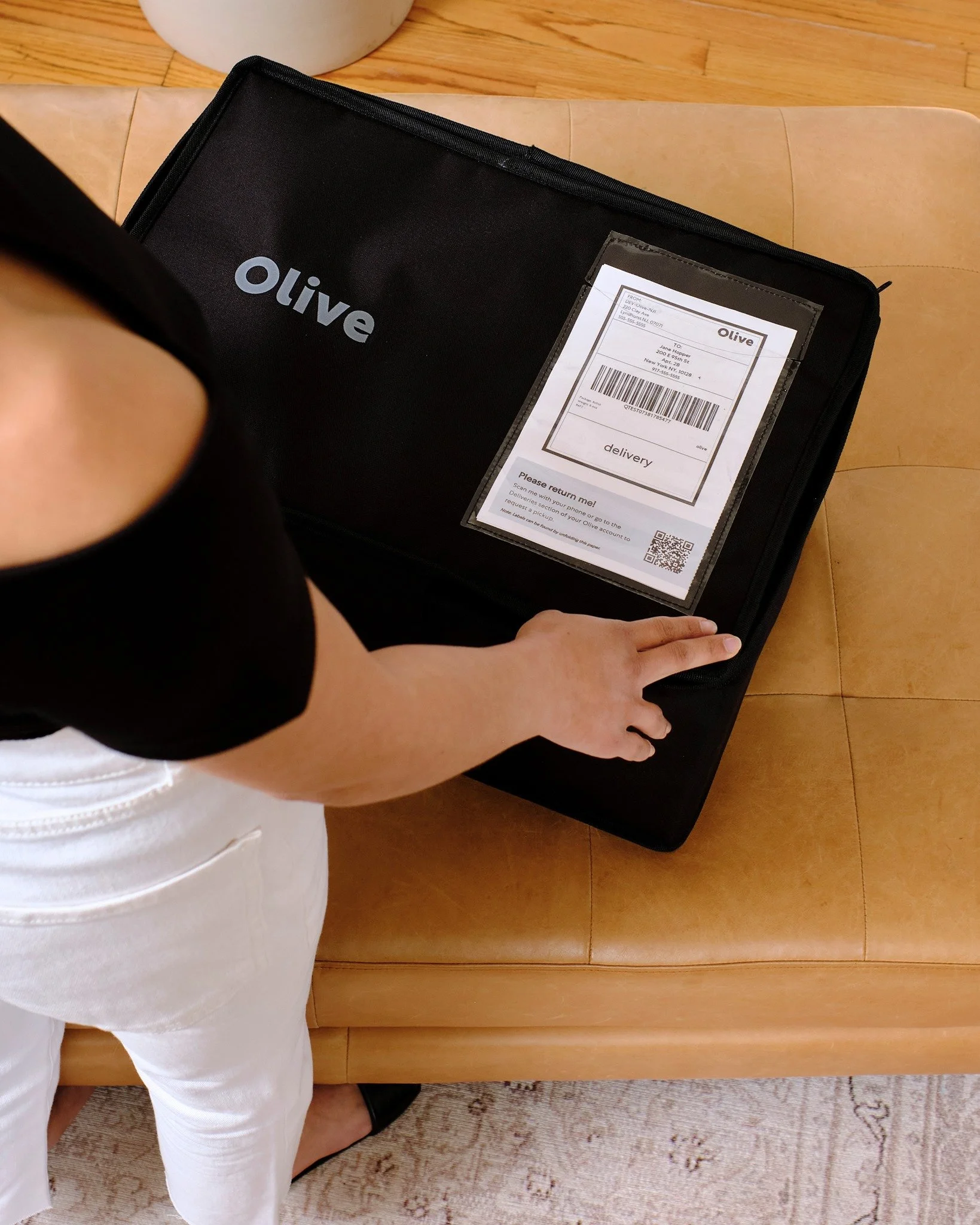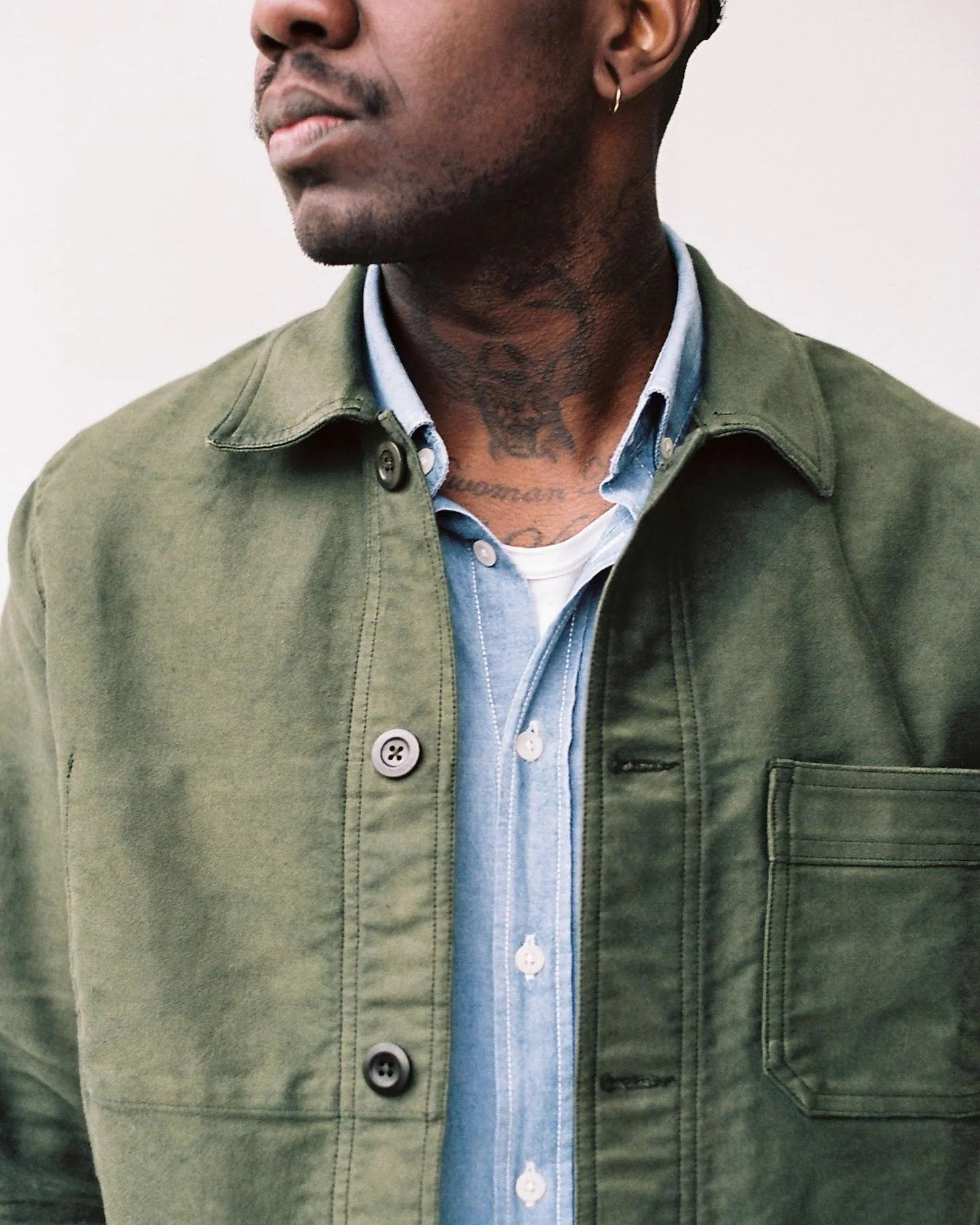Reflaunt — for taking circular fashion mainstream
Scientists at the IPCC warn us of the devastating trajectory we are on. Rising sea levels, melting glaciers, heatwaves and floods will affect billions of people in the decades ahead. McKinsey, a firm not usually known for being progressive on climate issues, says that “a fundamental transformation of the global economy” is needed to avoid the most catastrophic climate impacts.
Tweaking the existing hyper-consumption capitalist model won’t do and yet generally, that is all that we are seeing. The fashion industry is particularly guilty of this.
The clothing and textile industry is the world’s 2nd largest polluting industry accounting for 10% of global carbon emissions. In addition, 92 million tonnes of textile waste end up in landfill every year. Yet, in response, we see performative acts and marginal tweaking of behaviour in the industry. A multinational corporation will collaborate with a smaller sustainable brand for Earth Day or another states its aim to phase out the use of single-use plastic bags in its stores. Cute. But actions that only pay lip service to the idea of addressing the greatest existential threat humanity has ever encountered.
Resale, however, is one model with the potential to actually make a meaningful difference to fashion’s role in the frightening trajectory we are on. Extending the lifespan of products to have second, third, even fourth lives through resale, means significantly less water, energy, and resources are needed to manufacture and market new items and far less ends up in landfill. If accepted and adopted widely as a new normal, it could be radical in its effects.
Photo: Reflaunt / Bravo
Marketplace apps such as Depop and Vinted have had rapid success with a growing consumer acceptance and demand for second-hand fashion - Etsy bought the former for $1.6bn last year.
But the fashion industry — and society at large — is so entrenched in the consumption of ‘new’ that resale remains a concept that sits at the fringes of fashion, yet to challenge the industry status quo of fast, new and disposable.
But could that be about to change?
Founded in 2018, Reflaunt is a B2B software platform connecting fashion brands and retailers with the second-hand market. The company’s mission is to transition the fashion industry away from a destructive linear model of make, use, waste, to a sustainable and circular model of consumption.
Reflaunt’s technology enables consumers to sell unwanted items back to the brand they purchased them from through its in-house platform. For instance, a consumer purchasing a designer bag could sell it back to the brand via the same online store. Reflaunt’s technology, which is based upon the Blockchain, authenticates the item through a unique digital ID, and it’s then sold on via 3rd party marketplaces to find a new owner and enjoy a new life. The seller then receives cash for the resale while the brand and marketplace get their cut too.
Last year, the platform raised $2.7m in a pre-Series A funding round to expand its technology and business development teams. In August, Reflaunt announced a partnership with high-end department store Harvey Nichols, where customers could earn up to 80% back of the original retail price when they sold luxury fashion items back to the store via the service.
“Iterative improvements are not sufficient anymore, there needs to be a systemic disruption,” Stephanie Crespin, the co-founder, told the Oasis platform. “That transition from a traditional linear model to a circular one is complex and requires changes in the whole supply chain, the economic rationales and socio-cultural beliefs on which this industry was built.”
The potential of Reflaunt’s model is that it aligns the interests of retailers, consumers, sellers, second-hand buyers and the planet — who really wants us all to chill out and stop buying stuff. The model should incentivise consumers to look after their products to retain their value, and brands should be encouraged to make more durable products knowing they stand to benefit from future transactions.
Combining our desire for consumption with the demands that the climate emergency places on us is a fascinating and tricky conundrum for society. But Reflaunt somehow sits on the tightrope between these two seemingly opposing worlds. On the one hand, Reflaunt offers radicalism in its circular model and by championing a very different set of values and beliefs to the fashion industry of old. Yet, on the other, Reflaunt partners with, and is in service to, the mainstream Goliaths of the fashion world, helping them to change their wasteful ways — just a little.
It’s an impressive balancing act. For humanity’s sake, let’s hope they can stay there.


